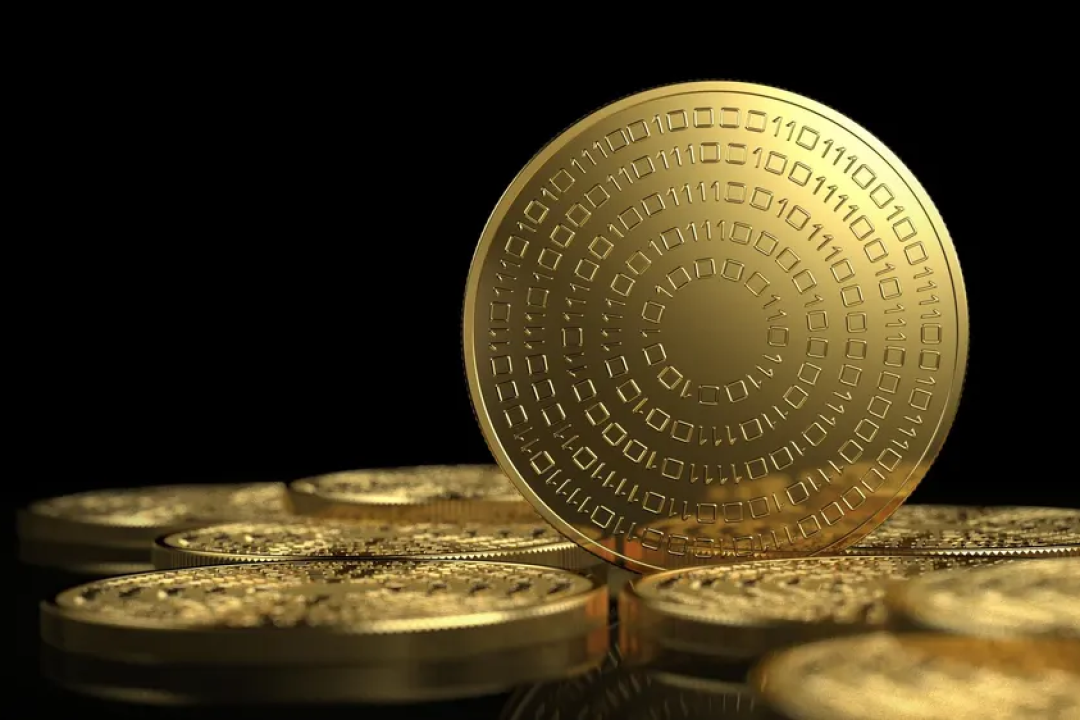Cambodia's National Bank Authorises Crypto Transactions For Commercial Banks

The National Bank of Cambodia (NBC) has announced the authorisation of commercial banks in the country to conduct crypto asset transactions and provide services to customers, with the exception of issuing crypto assets or making direct and indirect transactions related to unbacked crypto assets.
According to the NBC's latest Prakas issued on December 26, 2024, the bank has decided to allow Payment Service Providers (PSPs) to deal with crypto assets such as tokenised traditional assets and stablecoins.
The NBC stated that commercial banks may conduct crypto transactions for themselves and also provide services related to crypto assets to their customers, but they must receive permission from the NBC first.
Commercial banks are, however, not permitted to conduct transactions related to crypto assets in the following ways:
- Commercial banks cannot issue crypto assets by themselves;
- Commercial banks cannot conduct direct or indirect transactions related to the expropriation of Group 2 crypto assets, including all types of transactions on the derivatives market involving Group 2 crypto assets.
What Are Group 1 and Group 2 Crypto Assets?
According to the Prakas, Crypto Assets Group 1 consists of digital units of value representing traditional financial instruments, or assets, which are referred to as Reference Assets.
Crypto Assets Group 1 is divided into two categories:
- Group 1A: Digital units of value derived from traditional assets that have undergone a tokenisation process, specifically security tokens, using Distributed Ledger Technology (DLT), or similar technology, to record ownership. Group 1A assets carry the same level of credit and market risk as traditional asset holdings, such as corporate bonds, loans, deposits, equity securities, derivatives, commodities, and cash in custody.
- Group 1B: Stablecoins that have an effective stabilisation mechanism tied to traditional assets or a pool of traditional assets. It should be noted that stablecoins stabilised to other crypto assets (including Group 1A assets), or algorithm-based stablecoins, do not qualify as stablecoins in this group.
Meanwhile, Group 2 Crypto Assets, which are banned by the NBC, include any crypto assets that do not meet the criteria of Group 1 assets, including, but not limited to, unbacked crypto assets. The International Monetary Fund (IMF) describes this category of crypto assets as neither tokenised traditional assets nor stablecoins.
Is Cambodia’s Regulatory Landscape Becoming More Favourable For Cryptocurrency?
In April 2024, the NBC clarified that there is a future possibility of banks in Cambodia to deal with stablecoins like Tether (USDT), USD Coin (USDC), and other potentially land-backed tokens. However, they do not plan on allowing banks or payment firms to deal with popular cryptocurrencies such as Bitcoin, Solana, or Dogecoin.
In a fairly sudden move, Cambodia also blocked access to 16 major crypto exchange websites including Binance, Coinbase, and OKX in November 2024.
Globally, there has been a notable shift in the market towards cryptocurrency, particularly following the re-election of President Donald Trump. The newly elected U.S. President pledged in July to make the U.S. the world’s crypto capital if he were elected, and following his election victory, Bitcoin reached an all-time high of over USD 100,000.
It should also be noted, however, that El Salvador, the first country in the world to recognise Bitcoin as legal tender, is now scaling back in exchange for a much-needed USD 1.4 billion loan by the International Monetary Fund.
The future of crypto transactions in Cambodia still remains uncertain, however, the latest sub-decree could be potentially pointing to a potential easing in the regulatory landscape.